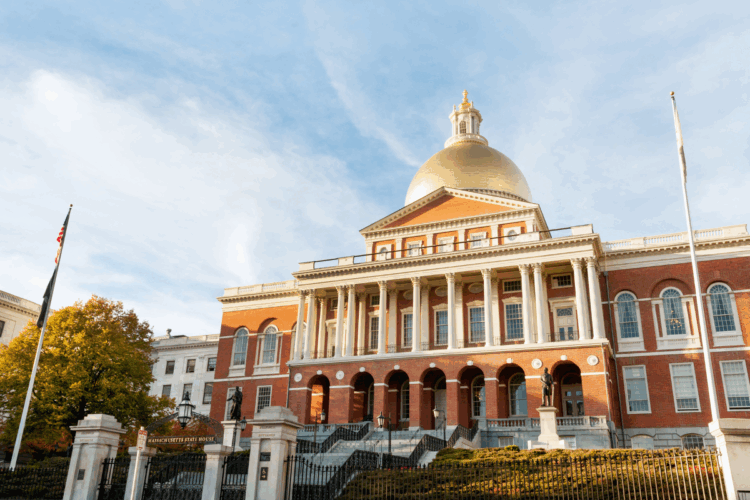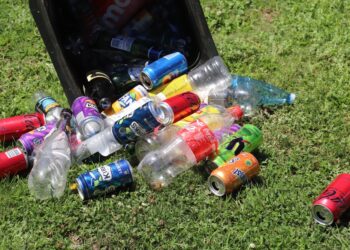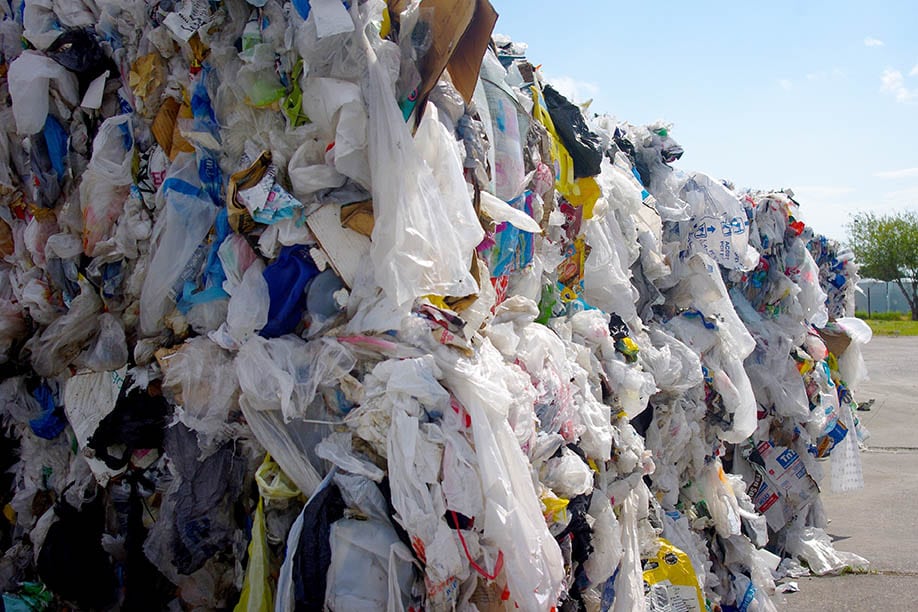A bill that combines a half-dozen environmental actions, touching on extended producer responsibility for several materials, plastic bans and access to both bulky plastic and organics recycling, has passed the Massachusetts Senate and gone onto the House for consideration.
S 2830, which was then reprinted with amendments as S 2833, an Act to Reduce Plastic, would ban single-use plastic bags and require a 10-cent charge for paper bags, make straws and plasticware available by request only, ban state agencies from buying plastic bottles that are smaller than 21 fluid ounces, create a statewide recycling program for large plastic durables such as car seats, and spark a study this year on how well the state is doing in providing access for organics recycling.
The bag ban portion of the bill allows retailers to distribute reusable bags, but it specifies this category “shall not include a bag made of plastic film of any thickness.”
It also calls for a 21-person commission to create a report on EPR for packaging, paint, mattresses and electronics by March 2026, would require better labeling of non-flushable wipes and would create a Plastics Environmental Protection Fund to distribute grants and environmental improvements in low and moderate income communities.
The amended version set the fluid ounce limit on the plastic bottle ban, added that no utensils can be made from black plastic, increased the size of the EPR commission by one and inserted a study on banning PS due by June 30, 2025.
The legislation passed the Senate on a vote of 38-2 and now goes to the House. The state’s legislative session ends July 31.
Democratic State Sen. Rebecca Rausch said in a press release that the bill “will prevent billions of single-use plastic bags, bottles, cutlery, and wipes from clogging up our environment, pipes and landfills each year.”
Kirstie Pecci, executive director of environmental group Just Zero, added in the press release that “it is past time for Massachusetts to shut off the plastic tap to protect human health and the climate.”
“Plastic grocery bags and other filmy and small plastic items are not going to get recycled – they just contaminate valuable recyclable materials,” Pecci added. “This bill would move Massachusetts businesses and residents to adopt reusables like cloth grocery bags, reusable food ware and refillable glass bottles, and is long overdue.”US News reported that the Massachusetts Fiscal Alliance is opposed to the bill, noting that bans are “part of a larger trend by the Senate to limit choices for consumers.”

























